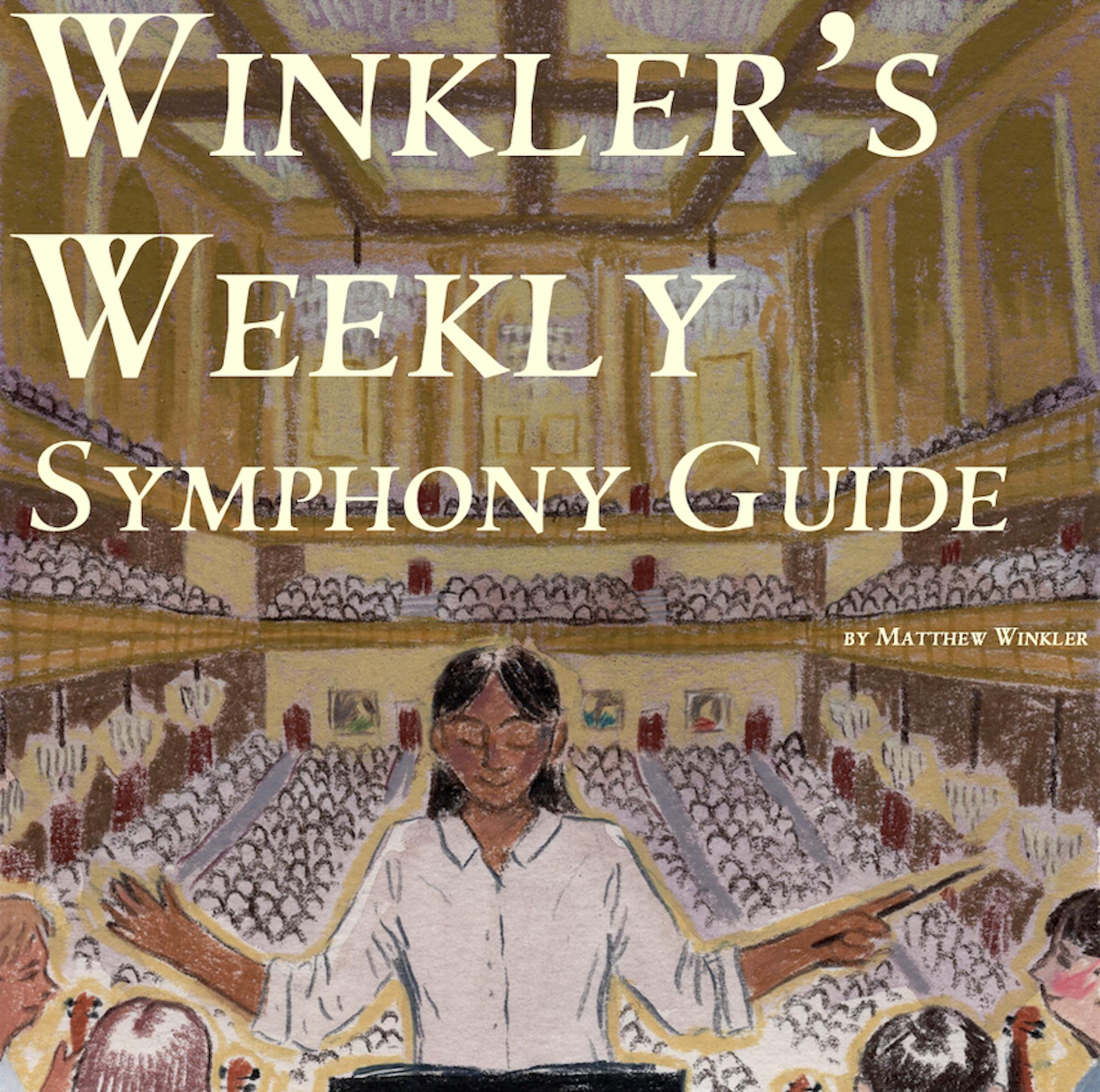From April 6–8 the Boston Symphony Orchestra performed Unsuk Chin’s “Subito Con Forza,” Wolfgang Amadeus Mozart’s Piano Concerto No. 20 and Robert Schumann’s Symphony No. 2. Assistant conductor Earl Lee led the orchestra, marking Lee’s second time directing the BSO, and pianist Eric Lu joined as soloist for the Mozart.
With the exception of Chin’s short five minute work, the program promised by-the-books, traditional classical music. Fortunately, Lee vivified the works with new life and grace while maintaining traditional acuity. The combination of Lee and Lu proved especially effective, with the Mozart Concerto being the highlight of the night. While Lu may be young, his connection to Mozart clearly transcends his age as his careful phrasing, emotional depth and attentive rendition of the piano concerto left the audience breathless. Lu masterfully balanced the whimsy of Mozart with sappy emotional depth, not ever dipping too far into either camp.
Listening to Lu play, I felt as if I were among the planets and stars that he described in our interview. When I talked to Lu, he clearly had a deep personal connection to classical music and the music of Mozart, and he brought this love to Symphony Hall, allowing us to briefly float among his world.
After the piece, the applause radiated throughout Symphony Hall, ushering Lu back onto stage for an encore of Chopin’s Waltz in C# minor. As he is Lu’s favorite composer, I expected Schubert for the encore, but Chopin did not surprise as another one of Lu’s favorites. Lu’s performance stood out as one of my all-time favorite solo performances with the BSO, second only to Mitsuko Uchida’s Oct. 27–30 performance of Beethoven’s Piano Concerto No. 5.
After intermission, Schumann’s Symphony No. 2 closed the night, shifting the spotlight from Lu to assistant conductor Earl Lee. Lee had a hard performance to follow, yet remarkably the excellence of the night did not stop after Mozart. Similar to Lu’s effect on the Mozart Piano Concerto, Lee brought rejuvenated life while maintaining careful attention to detail for the Schumann symphony. I hope to see more performances with Lee conducting in the future.
Chin’s contemporary work, “Subito Con Forza,” stood out as the black sheep of the night. While an explosive and proud statement in its own right, the piece felt awkwardly programmed, out of place behind the joviality of Mozart. The short time span of the work gave permission for essentially any music to be played without upsetting the audience, but Chin’s work on its own unfortunately did not have the opportunity to breathe, instead slotted in as a token nod to the contemporary scene amid traditionalism.
Andris Nelsons returns as conductor for this week’s performances of Thierry Eschaich’s “Les Chants de l’Aube,” Sergei Rachmaninoff’s Symphony No. 2 and Maurice Ravel’s “Alborada del gracioso.”






